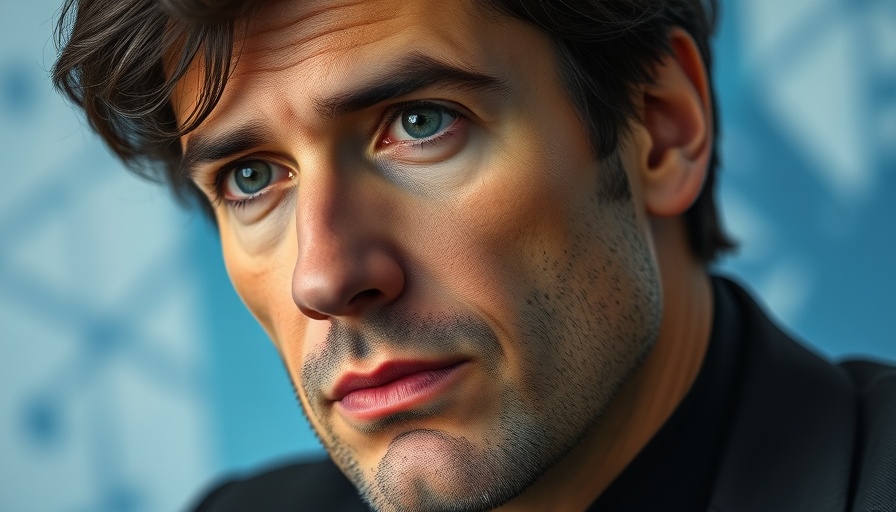
Pavel Durov: A Legacy of Fortune and Family
In a move that has left many talking, Pavel Durov, the founder of the popular messaging app Telegram, has announced that his estimated $14 billion fortune will be shared among his more than 100 children, potentially offering each of them around $132 million. This news comes amidst rising discussions around inheritance practices in the tech industry, particularly those involving outsized wealth.
The Inclusive Will of a Tech Tycoon
Durov's will signifies a radical approach to wealth distribution among his children. Unlike many high-profile billionaires who often favor their biological children over others, Durov emphasized that all of his offspring—whether biologically related or conceived through sperm donations—will have equal rights to his fortune. "I make no difference between my children," he stated in an interview, highlighting his desire to prevent familial discord over inheritance.
Delaying Instant Wealth: Durov's Philosophy
Interestingly, Durov has chosen to implement a 30-year delay before his children can access their wealth. By doing this, he aims to encourage them to grow independently, sowing the seeds of resilience and self-sufficiency. He believes that living a normal life, away from the burdens of excessive wealth, will help them cultivate essential life skills necessary for future success.
Who Stands to Gain? The Future for Gen Alpha
For the new generation of children—those classified as Gen Alpha—this inheritance could drastically change their lives, providing them wealth and opportunities that few could imagine. However, whether they are aware of their billionaire father is contingent upon the nature of Durov's sperm donations: anonymous or directed through known parents, which influences their ability to learn about their biological connections.
Tech Industry Trends: A Shift Towards Equitable Wealth Distribution?
Durov’s decision can be viewed as part of a growing trend among certain tech entrepreneurs who are re-evaluating traditional wealth distribution methods. As discussions around corporate social responsibility increase, will other tech moguls follow suit and reassess their legacies? Stories like Durov's prompt debates around how billionaires can contribute to society, especially as wealth inequality continues to be a pressing issue.
Conclusion: Food for Thought on Legacy
Pavel Durov’s unique approach to inheritance raises significant questions about wealth, family, and personal development in today’s economy. While the financial implications are monumental, the philosophy behind his decision may inspire other business leaders as they contemplate their legacies. Sharing a fortune among many might seem unconventional, but it could lead to a future generation empowered to reshuffle societal norms surrounding wealth.
 Add Row
Add Row  Add
Add 



Write A Comment